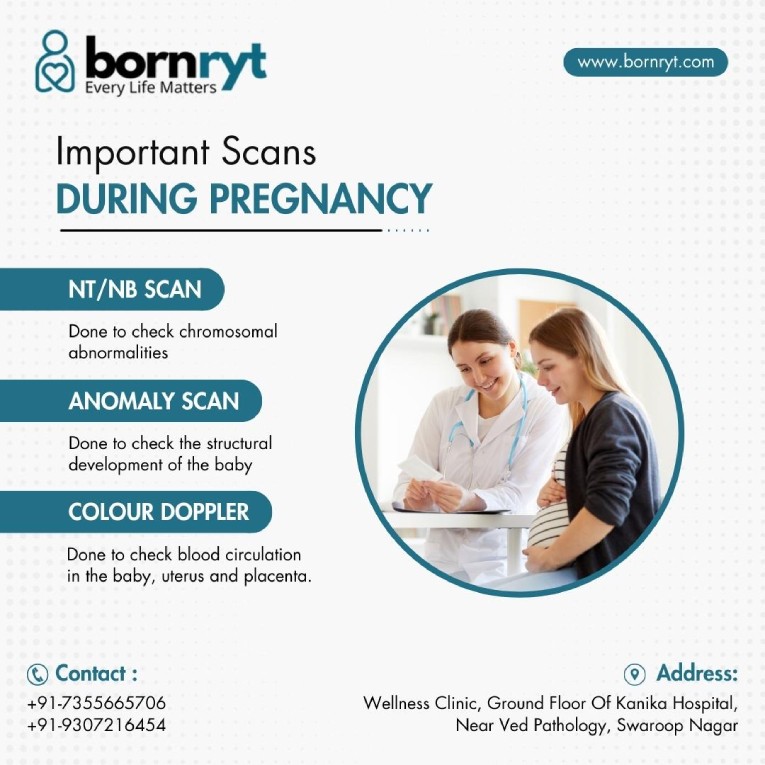EMPOWERING HEALTH: THE IMPORTANCE OF WOMEN'S HEALTH SCREENINGS
Add to favoritesRs 500
Empowering Health: The Importance of Women's Health Screenings
Women's health screenings are a cornerstone of preventive healthcare, offering early detection and intervention for a range of conditions. In this article, we'll explore the significance of women's health screenings, the key screenings every woman should be aware of, and why staying proactive about screenings is essential for well-being.
Understanding Women's Health Screenings
Women's health screenings are medical tests and examinations designed to assess and monitor a woman's health, identify potential health issues, and detect diseases at their earliest, most treatable stages. These screenings are an essential part of preventive healthcare, helping women maintain and enhance their well-being.
Key Women's Health Screenings
Pap Smear: A Pap smear, or Pap test, is used to screen for cervical cancer. It involves collecting cells from the cervix to detect abnormal changes.
Mammogram: Mammography is a breast cancer screening tool that uses X-rays to detect breast abnormalities, including tumors and cysts.
Bone Density Scan: Also known as a DEXA scan, this test measures bone density and is used to diagnose osteoporosis and assess fracture risk.
Blood Pressure Check: Regular monitoring of blood pressure is vital to detect and manage hypertension, a risk factor for heart disease and stroke.
Cholesterol Screening: This test measures cholesterol levels in the blood and helps assess the risk of heart disease.
Blood Glucose Test: A blood glucose test screens for diabetes or prediabetes by measuring blood sugar levels.
Sexually Transmitted Infection (STI) Testing: Depending on sexual activity and risk factors, STI testing can include screenings for HIV, chlamydia, gonorrhea, and syphilis.
Colorectal Cancer Screening: Starting at a certain age, women should undergo regular screenings such as colonoscopy or fecal occult blood tests to detect colorectal cancer.
Skin Cancer Screening: Skin cancer screenings help identify suspicious moles or skin changes early, potentially preventing skin cancer.
Thyroid Function Tests: These tests assess thyroid hormone levels and can detect thyroid disorders.
The Importance of Women's Health Screenings
Early Detection: Screenings can identify health issues at their earliest stages when treatment is often more effective.
Risk Reduction: Regular screenings help assess and mitigate risk factors for diseases like heart disease, cancer, and diabetes.
Preventive Care: Screenings are a proactive approach to maintaining health, preventing complications, and reducing healthcare costs.
Peace of Mind: Knowing that you are regularly monitored for potential health issues can provide peace of mind and reduce anxiety.
Long-Term Health: Screenings contribute to long-term health and well-being, enabling women to enjoy a higher quality of life.
Staying Proactive About Screenings
Regular Check-Ups: Schedule and attend routine check-ups with your healthcare provider to discuss and plan necessary screenings.
Know Your Family History: Understand your family's medical history, as it can influence your risk factors and screening recommendations.
Stay Informed: Be aware of recommended screening guidelines for your age and risk factors.
Advocate for Your Health: Don't hesitate to discuss screening options and concerns with your healthcare provider, and advocate for your health.
Lifestyle Matters: A healthy lifestyle that includes a balanced diet, regular exercise, and stress management can complement the benefits of screenings.








